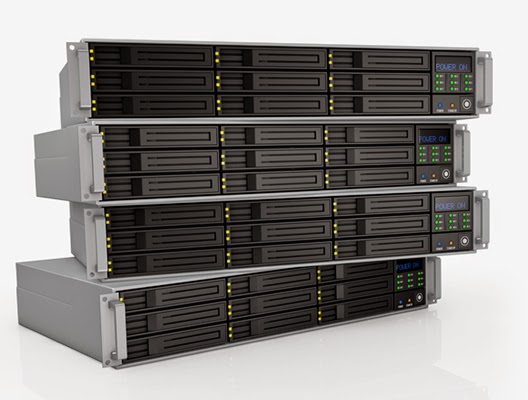Overheating can be a problem before you may even realise it. Did you know that a computer that gets too hot internally can cause hardware inside your unit to fail? What can cause a hard drive crash other than an extremely high heat that drives up the internal temperature inside hard drives? Did you know that the heat inside a hard disk drive may be unevenly dispersed? With temperatures rising, platters on hard drives malfunction, your computer files may be lost if your hard drive overheats.
If your computer is running slow, it may be a sign that heat is affecting your computer’s performance. Did you know this is one sign that a computer data recovery specialist looks for while they are trying to retrieve data? Does your computer constantly have a hot spot that you can feel when you have your wrists on the keyboard? It may simply be a common problem with certain computer designs.
Data recovery specialists may be able to recover files from a Bios System
Why is flashing a bios system not the best option, sometimes, for recovering your most important files? Did you know that a data specialist may be able to perform computer data recovery on a hard disk drive by restoring your Bios system to another point? However, this isn’t an option an amateur should try. Errors in a Bios system can cause a CPU unit from functioning correctly. This is why it is best that only a professional try to restore Bios to another point or restore files lost because of computer data loss.
However, there can be many ways heat can damage your computer. Since dust is an insulator, dust may cause fans to stop working correctly and overheating to take place quickly. A data recovery specialist can recover data from platters that aren’t turning correctly. Did you know that a specialist can use special software to check how hot a computer’s CPU is running? This can be a better method rather than holding your hand near the fans that are blowing to cool down your computer.
Specialists will examine all Options
If your computer is running slow, it may be a sign that heat is affecting your computer’s performance. Did you know this is one sign that a computer data recovery specialist looks for while they are trying to retrieve data? Does your computer constantly have a hot spot that you can feel when you have your wrists on the keyboard? It may simply be a common problem with certain computer designs.
Data recovery specialists may be able to recover files from a Bios System
Why is flashing a bios system not the best option, sometimes, for recovering your most important files? Did you know that a data specialist may be able to perform computer data recovery on a hard disk drive by restoring your Bios system to another point? However, this isn’t an option an amateur should try. Errors in a Bios system can cause a CPU unit from functioning correctly. This is why it is best that only a professional try to restore Bios to another point or restore files lost because of computer data loss.
However, there can be many ways heat can damage your computer. Since dust is an insulator, dust may cause fans to stop working correctly and overheating to take place quickly. A data recovery specialist can recover data from platters that aren’t turning correctly. Did you know that a specialist can use special software to check how hot a computer’s CPU is running? This can be a better method rather than holding your hand near the fans that are blowing to cool down your computer.
Specialists will examine all Options
- Does a motherboard need replacing?
- A specialist can open the casing around a computer to check for damage
- A specialist knows the best way to cool an overheating computer or battery
- Does a compute simply need a professional cleaning before files are retrieved?
- Does your computer need a new computer fan to cool a desktop or laptop?





